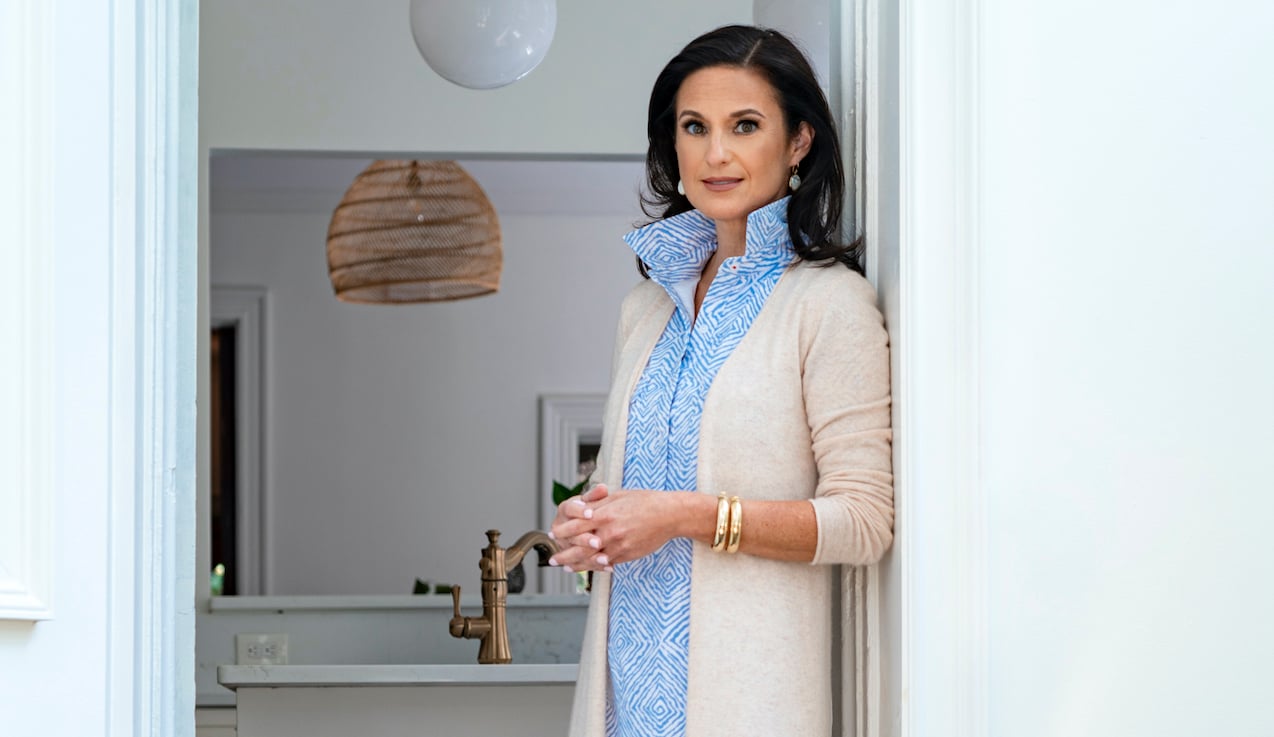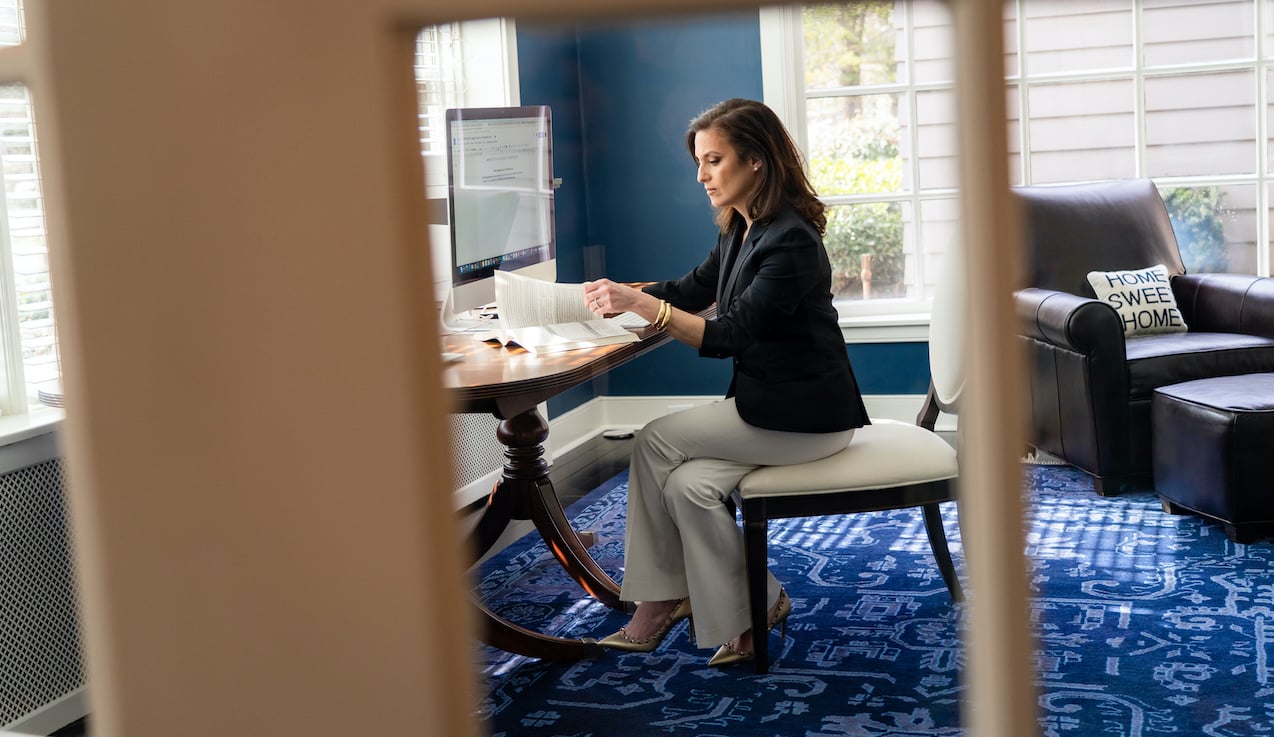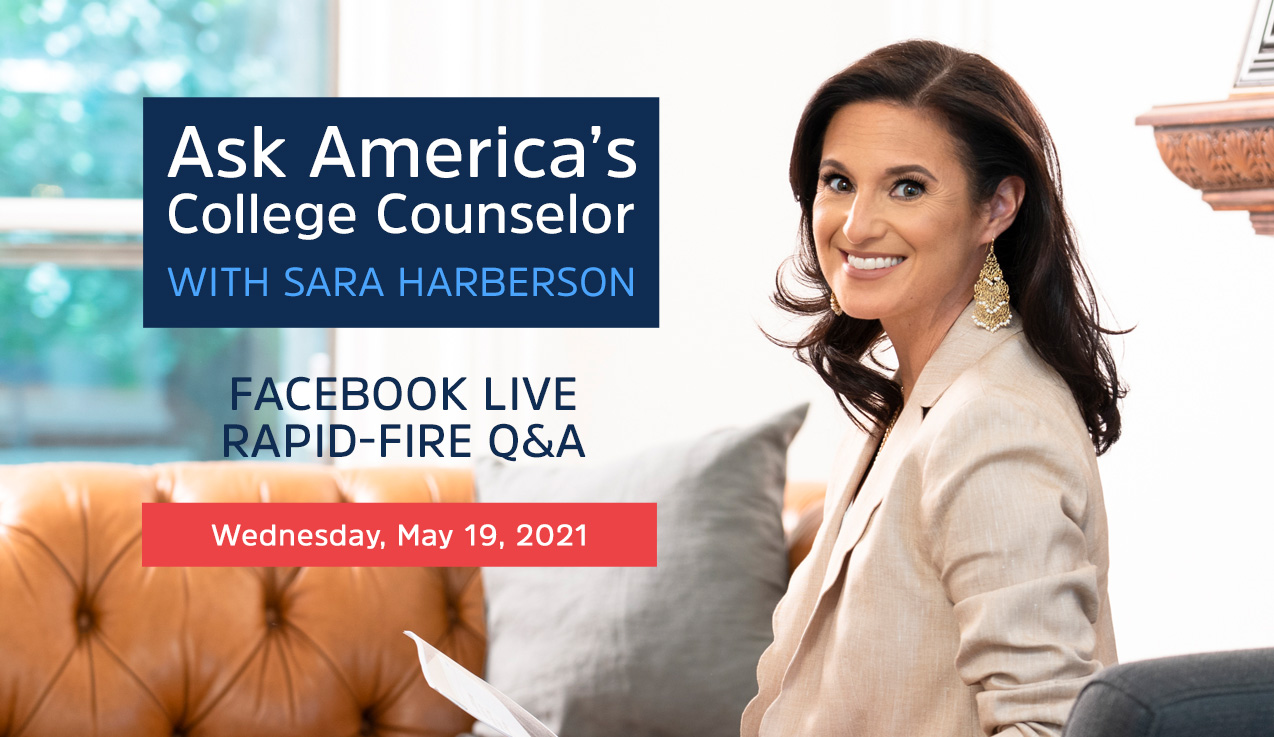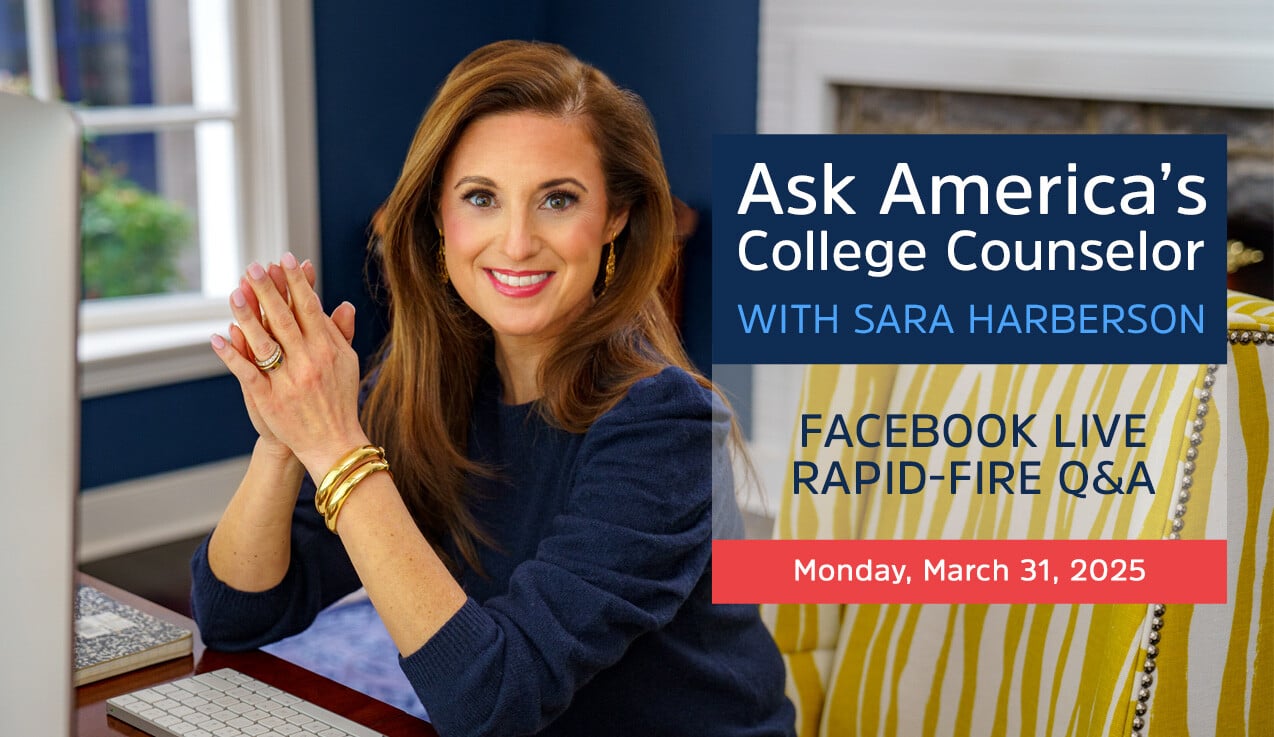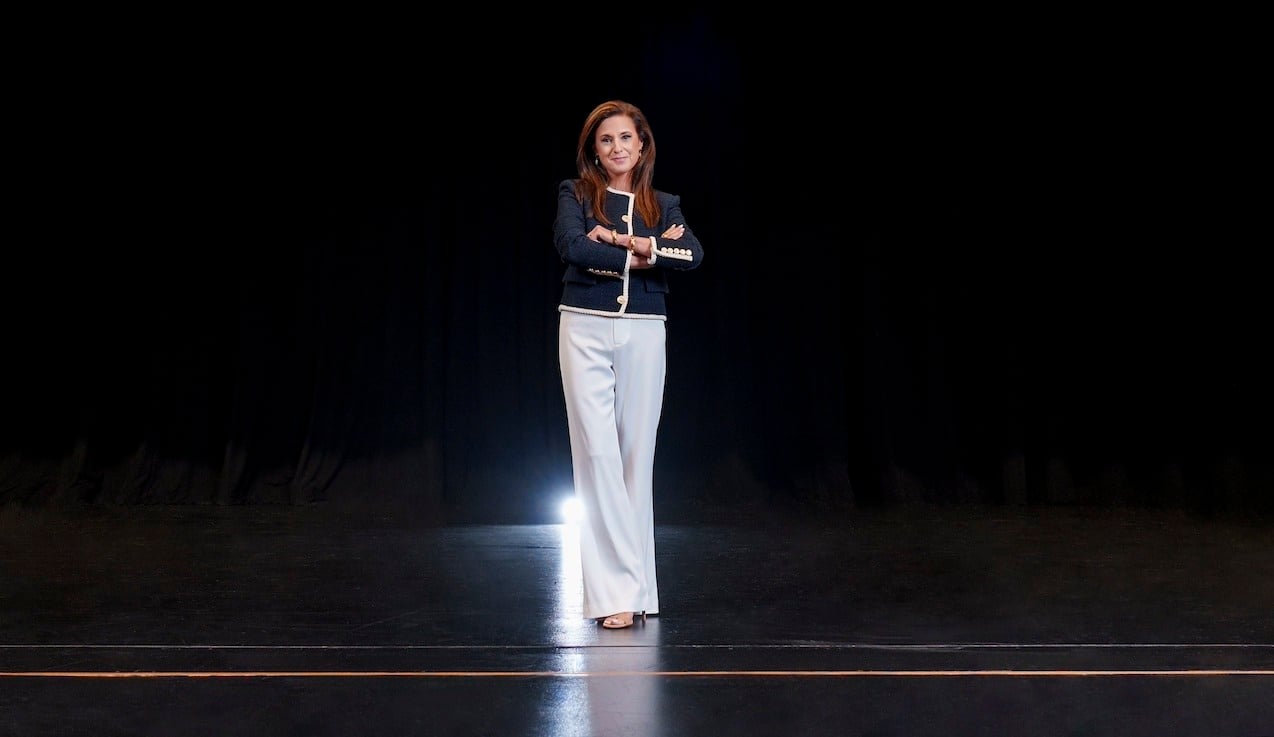Saturday night was a groundbreaking moment not only for television, but for college admissions. Elon Musk hosted Saturday Night Live and in his monologue declared that he is the first person with Asperger's to host the show.
He matter-of-factly mentioned some of the behavioral differences he and those on the autism spectrum share. These very differences have kept those on the spectrum from being admitted to top colleges for decades. It was in that moment that I could feel things shift. By identifying who he is and what he has, Musk paved the way for others to celebrate their differences instead of hiding them from those who judge.
The college admissions process is full of judgment. Students who are Asian American, Jewish, financially-needy, have a learning difference, or are diagnosed with autism have all been victims of unfair admissions practices. This leads many students to deliberately not self-identify their race, ethnicity, religion, status, or diagnosis on their applications. They worry that this biological characteristic that they have no control over will negatively affect their chances of admission.
But those who judge, admissions officers, look for hints. First names, last names, home addresses, and parents' data become clues about a student's background. For students with learning and developmental differences, the judgment is much more subtle. A student on the spectrum may decline an admissions interview or a teacher writing for the student may rate their social skills lower than their academic skills. Just like that, the admissions officer uses that one small thing as a reason not to admit the student. In fact, it is a lot easier for admissions officers to discriminate against students who do not self-identify as a lack of documentation clears the way for a swift denial.
For those students with learning and developmental differences who refuse to hide who they are, they are met with higher expectations in the admissions process for elite colleges. They must present flawless transcripts and exceptionally high test scores. In fact, admissions officers will assume these students have testing accommodations, which they believe gives them an advantage. Yet, when accommodations are appropriately granted to students, it is to allow them the same chance as someone without a difference. These students, especially the ones with developmental differences, must also present as involved and engaged citizens in their applications just like their peers who are not on the spectrum. That is a tall order when "differences" inherently mean that comparisons are simply unreasonable.
Related Reading: Getting Real About What the Class of 2022 is Facing
Admissions officers are unsure how to navigate judgment when it comes to students who are open about being on the spectrum. They are not trained on how to communicate with these students and how to evaluate their applications. Admissions officers will recognize that these students do not fit the typical mold of who they are trained to revere. Students on the spectrum do not fill an "institutional priority" like athletes or traditional leaders do. As a result, these students end up on the proverbial "waitlist" or simply get denied because no one is fighting for them.
In his monologue on Saturday night, Elon Musk set the record straight for the viewers and judges. He called out his diagnosis, behavioral differences, and distinct way of looking at the world. He eloquently stated, "That's just how my brain works." That statement is a call to action to admissions officers to reimagine the mold of the coveted student. They cannot compare students on the spectrum to those who are not. Instead, admissions officers must make room for both. Having students on the spectrum represented on college campuses should not just be an institutional priority, but a societal one. Those with autism can change the way all of our brains work so that we can think and judge through a lens full of possibility just like Elon Musk.


